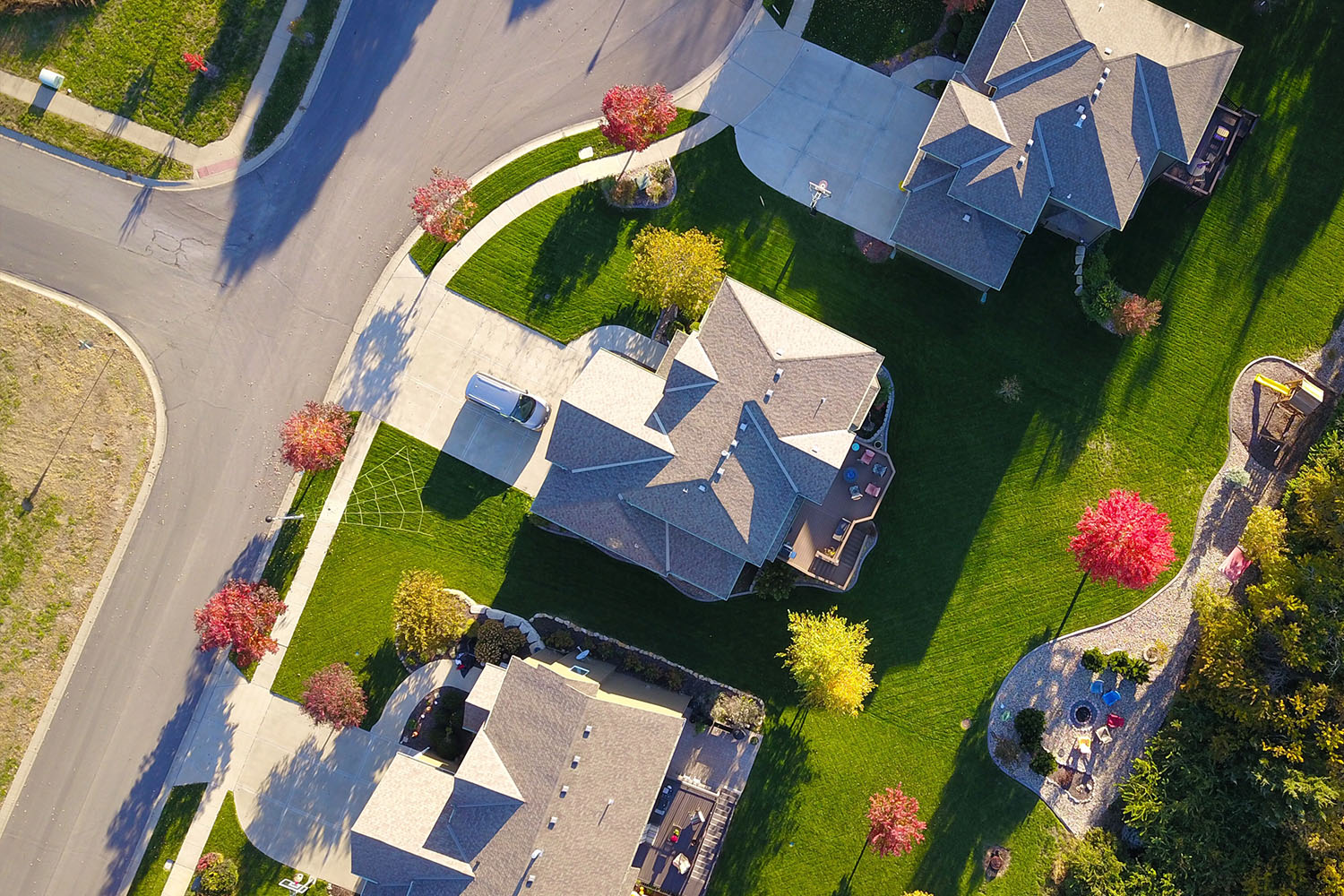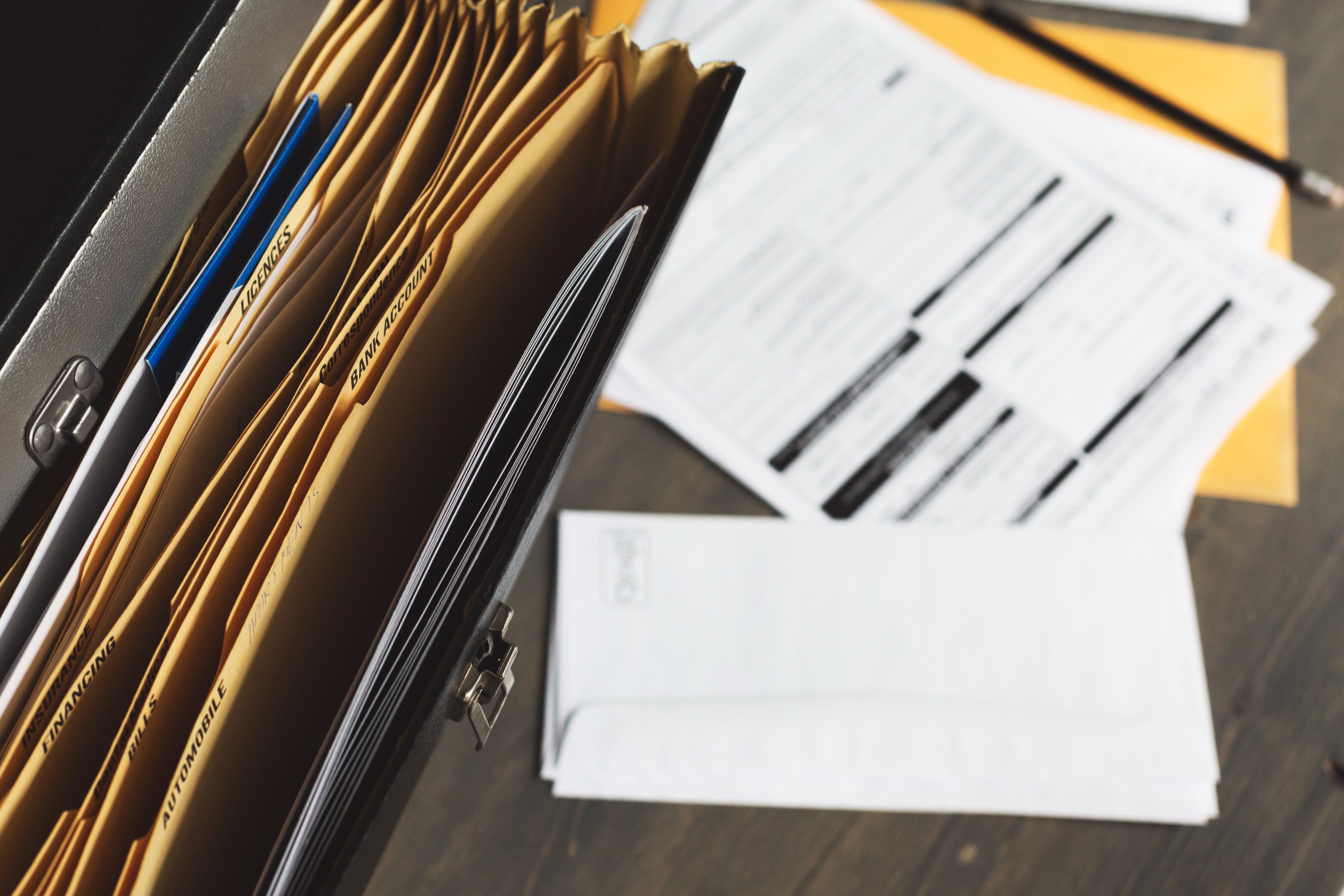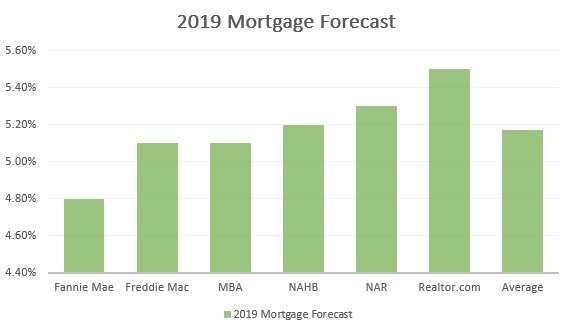Rates are low and there’s a mini refinance frenzy happening. A large portion of home owners are doing it, but should they? It’s difficult for most people to really know if refinancing is in their best financial interest. The standard rule used by previous generations was, if the interest rate dropped by at least 1% then it made sense to refinance. It would do you good to throw that rule right out of the window! There are points and fees that can be built into the loan to reduce the rate, making it appear that you are truly reducing the cost of your mortgage. Buyer beware! Often times, while the interest rate is lower, you could be paying high fees to get it. You can improve your chances of making a sound financial decision by understanding the basic concept of break even and how to calculate it.
Rule of Thumb
One of the most basic ways to determine whether or not refinancing is in your best interest is the break even analysis. This process allows you to figure out how long it will take to recuperate the costs included in your refinance. For example, assume you’ll pay $3,500 to refinance and your payment will be reduced by $100 per month. In addition, after the refinance you will skip a monthly mortgage payment of $1800. In this scenario, you’ll break even and start saving money after your 17th mortgage payment. If you plan on keeping the home longer then it takes for you to make the 17th payment, then you may decide that a refinance is the right thing for you to do. Many who use this approach suggest that it makes sense to refinance if your break even point is within two years or so, and that’s not bad advice. However, this method oversimplifies things, and it may be worth your while to get a better understanding of your motivation behind the refinance.
Why Refinance?
Start with the basics: what is your goal with a refinance? Refinancing only makes good sense if you end up saving money or if you’re solving a problem. An example of a problem solution is that you may want to get out of an adjustable rate mortgage (ARM); refinancing into a fixed rate mortgage means you’ll always know what your monthly payment will be and you can remove the risk associated with increasing interest rates. Another problem that could be solved is reducing the amount of money you’re paying out to creditors each month. If your monthly budget is too tight for comfort and you could benefit from paying less out of pocket each month then paying off higher interest rate loans with a cash out refinance could solve some issues for you.
Cash Flow
Not all money is created equal and saving money means different things to different people. One way of thinking about saving is to look at cash flow: how much money do you have to part with, and how money will you save? The break even analysis rule of thumb above considers cash flow, and cash flow is important for most of us. However, cash flow is only one factor to consider. Your lifetime interest costs are another important factor. The total amount you pay the bank over the life of your loan should be another part of the equation. In some cases, your total interest costs increase when you refinance -- even if your monthly payment decreases.
Bottom Line
Several things should be considered when making the decision to refinance. Your Benefits Adviser with your Employee Home Ownership Program can help you get the information you need to make a financially sound decision.
-jpg.jpeg?width=202&name=2021%20Logo%20AHP-2A%20Color%20(002)-jpg.jpeg)











